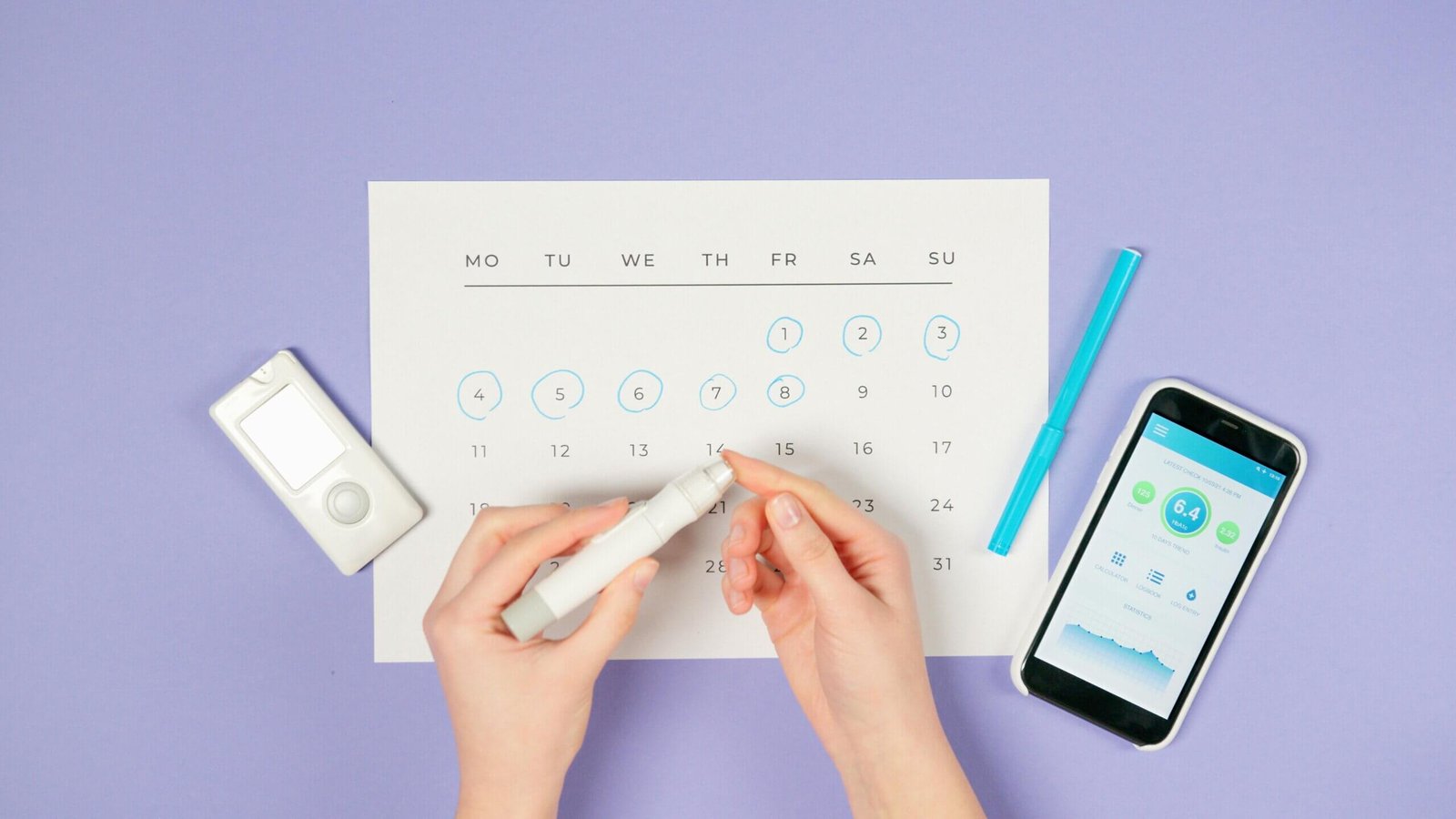Tips for Seniors Living With Diabetes
Imagine managing diabetes as navigating a ship through rough waters; staying vigilant and making course corrections to reach your destination safely.
For seniors living with diabetes, maintaining a stable blood sugar level is crucial. But it doesn’t have to feel like sailing alone. By incorporating simple yet effective tips into your daily routine, you can steer towards a healthier future.
From monitoring your blood sugar to making informed choices about your diet, each step is a compass guiding you towards better diabetes management.
Blood Sugar Monitoring
When managing diabetes, your healthcare provider may recommend monitoring your blood sugar levels regularly. This is crucial for understanding how different factors like food, exercise, and medication impact your blood sugar. By regularly checking your blood sugar levels, you can make informed decisions to keep your levels stable and prevent complications.
To monitor your blood sugar levels, you’ll likely use a glucose meter. Your healthcare provider will guide you on how often to test your blood sugar throughout the day. Typically, this involves checking before and after meals, as well as before bedtime. Keeping a log of your readings can help you and your healthcare provider identify patterns and make adjustments to your diabetes management plan.
In addition to self-monitoring, your healthcare provider may recommend periodic A1C tests. These tests provide an average of your blood sugar levels over the past two to three months. By working closely with your healthcare team and staying diligent with monitoring, you can effectively manage your diabetes and lead a healthy life.
Healthy Eating Habits
To maintain stable blood sugar levels, incorporating healthy eating habits is essential for seniors living with diabetes. Focus on a balanced diet rich in fruits, vegetables, whole grains, lean proteins, and healthy fats. Limit foods high in added sugars, unhealthy fats, and sodium. Opt for whole fruits instead of sugary snacks and choose whole-grain options like brown rice and whole wheat bread over refined grains. Include lean proteins such as skinless poultry, fish, beans, and tofu in your meals. Healthy fats like avocados, nuts, and olive oil can be beneficial in moderation.
Spread your food intake throughout the day by having smaller, more frequent meals to prevent blood sugar spikes. Pay attention to portion sizes and consider using smaller plates to help with portion control. Monitor your carbohydrate intake, as they’ve the most significant impact on blood sugar levels. Stay hydrated by drinking plenty of water and limit sugary beverages.
Regular Physical Activity
Incorporate regular physical activity into your routine to complement your healthy eating habits and effectively manage your diabetes. Engaging in activities like walking, swimming, or even gardening can help lower your blood sugar levels and improve your overall health. Aim for at least 150 minutes of moderate-intensity exercise per week, spread out over several days. Remember to consult your doctor before starting any new exercise regimen.
Physical activity not only helps control your blood sugar but also enhances your body’s sensitivity to insulin, making it more effective. Additionally, regular exercise can lower your risk of heart disease, improve circulation, and boost your mood. It’s essential to find activities you enjoy to stay motivated and make exercise a regular part of your routine.
Consider joining a senior fitness class, walking group, or even exercising with a friend to make it more enjoyable. Always monitor your blood sugar before and after exercising, and keep some fast-acting carbs on hand in case of a low blood sugar episode. Get moving and feel the benefits of staying active in managing your diabetes.
Medication Management
Managing your diabetes through proper medication is essential for controlling your blood sugar levels effectively. It’s crucial to take your medications as prescribed by your healthcare provider to help manage your condition. Make sure to follow the recommended dosage and timing to keep your blood sugar levels stable throughout the day. Always communicate with your doctor if you experience any side effects or have trouble adhering to your medication regimen.
Organizing your medications can help you stay on track. Use a pill organizer to sort your pills for each day of the week, making it easier to remember if you have taken them or not. Set reminders on your phone or clock to ensure you take your medications at the same time every day. Additionally, keeping a medication list with you can be helpful, especially when visiting healthcare providers or in case of emergencies. Remember, consistency with your medication routine is key to effectively managing your diabetes and staying healthy.
Routine Medical Check-Ups
Ensure you schedule routine medical check-ups to monitor your diabetes management progress and address any potential health concerns proactively. Regular visits to your healthcare provider are crucial for staying on top of your diabetes care. During these check-ups, your doctor will assess your blood sugar levels, review your medication effectiveness, and evaluate any lifestyle changes. These appointments also provide an opportunity to discuss any challenges you may be facing and to adjust your treatment plan accordingly.
In addition to monitoring your diabetes, routine medical check-ups allow your healthcare team to screen for any complications associated with the condition. These could include issues with your eyes, kidneys, nerves, or heart. Early detection of these complications is key to managing them effectively and preventing further damage. Your doctor may also recommend additional tests or referrals to specialists as needed.
Conclusion
So, as you navigate through your senior years with diabetes, remember to:
- Stay on top of your blood sugar levels.
- Maintain healthy eating habits.
- Stay active.
- Manage your medications.
- Schedule routine check-ups.
By taking these steps, you can stay in control of your health and live a fulfilling life.
But, there’s one more crucial tip that you can’t overlook…
Stay tuned for the surprising twist that could change everything you thought you knew about managing diabetes as a senior.





